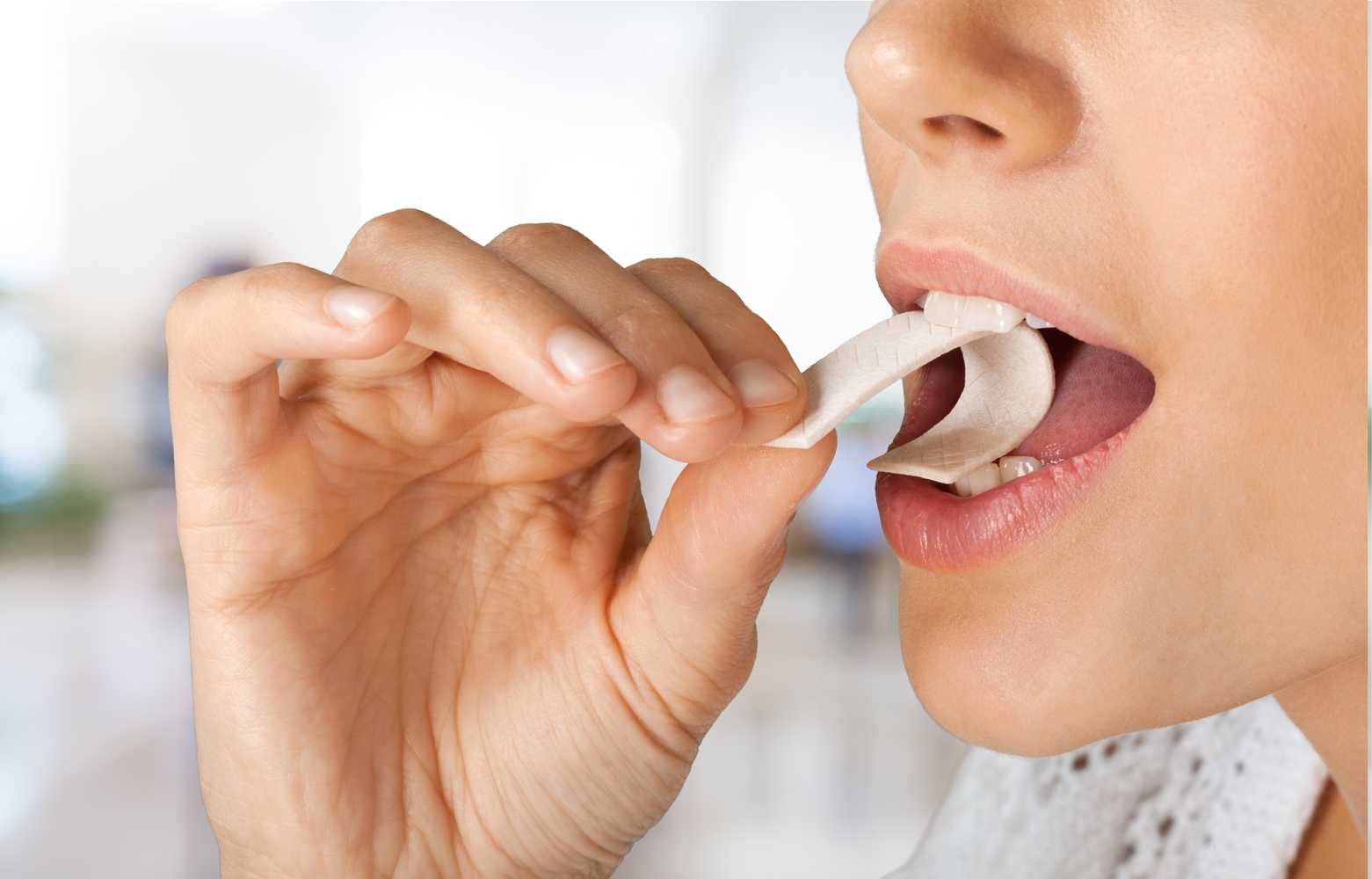
5 Home Remedies for GERD
Acid reflux and heartburn are familiar to over a million Americans. In fact, GERD, or gastro-esphageal reflux disease is the most prevalent digestive disorder in the U.S. GERD affects patients with symptoms of painful burning in the throat and chest due to stomach acids that get forced back up into the esophagus, which is a result of the lower esophageal sphincter (or LES), a thick ring of muscle that separates the esophagus from the stomach.
While GERD is reasonably harmless in nature, if it’s chronic in nature it may burn the inner lining of the esophagus and may cause permanent damage. Thankfully, several over-the-counter remedies (i.e., antacids), as well as the following home remedies may be helpful and relieve painful symptoms:
1. Elevate your head during sleep
GERD commonly strikes at its worst at night, due to the position of sleep. However, research shows that acid reflux sufferers who elevate the head during rest have significantly lower GERD symptoms. You can either prop up your head and torso with pillows or elevate the head of your bed (if it’s adjustable). Other GERD sufferers find that sleeping on the left side vs. the right side of the body also reduces GERD symptoms. This is because the esophagus opening is located on the right side of the stomach, and may trigger stomach acid leakage.
2. Avoid carbonation
Carbonated beverages in the form of sodas, beer, and other bubbly drinks are often associated with increased GERD symptoms. Additional research indicates that diets high in soda and other carbonated drinks may actually weaken the esophageal sphincter over time due to higher levels of carbon dioxide (and gas) in these drinks.
3. Chewing gum
While chewing gum will not lower acid reflux episodes overall, research published by the National Institutes of Health indicate that gum with bicarbonate may help lower acid within the esophagus while also increasing saliva amounts, which may aid overall acid elimination.
4. Keep alcohol in moderation
Sadly, alcohol and GERD go hand in hand for many heartburn sufferers. This is because alcohol has a relaxing effect on the esophageal sphincter, often triggering increased regurgitation of stomach acids. In fact, a study conducted by surgeons at Ninewells Hospital and Medical School, at the University of Dundee in Scotland found that excessive alcohol imbibing may even cause GERD in those with no history of acid reflux.
5. Low carb diets
Several smaller research studies have come forth indicating that adopting a low-carb diet may reduce GERD symptoms. Scientists at Cedars-Sinai Medical Center in Los Angeles, found that many cases of acid reflux may be the result of undigested carbs, which trigger bacterial overgrowth within the digestive system. As a result, going low carb may decrease symptoms of bloat and gas while improving overall digestion.


